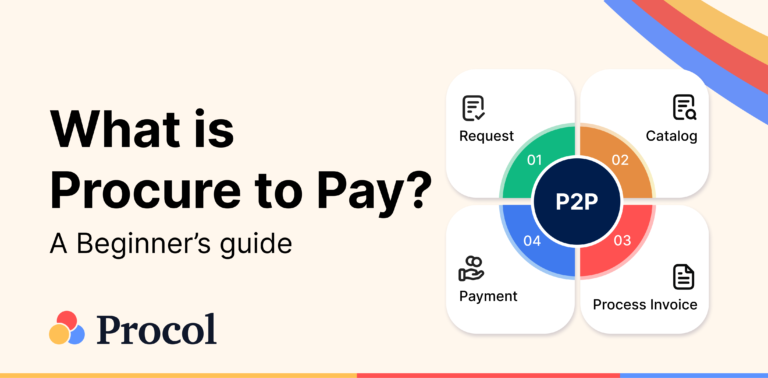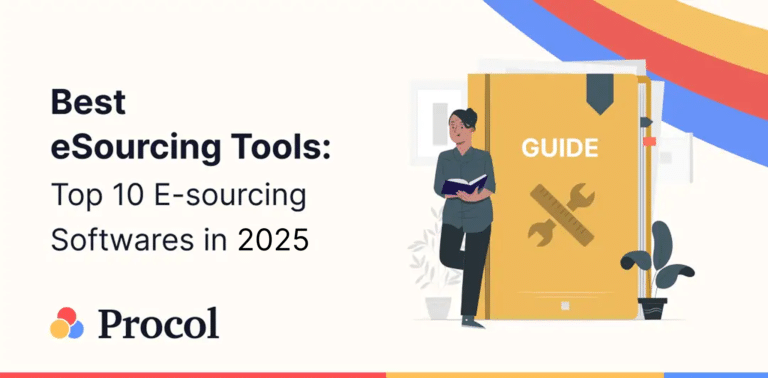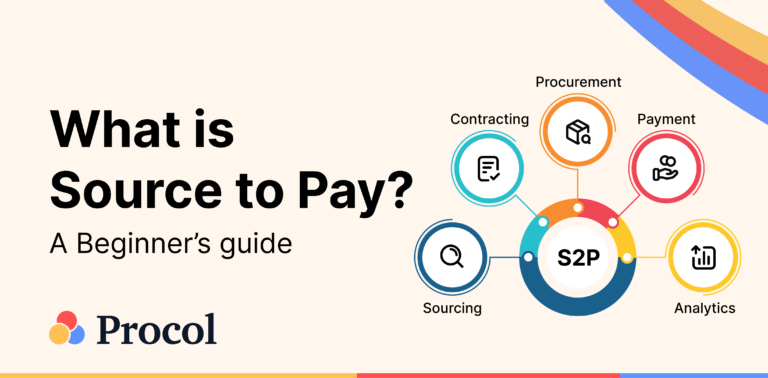Definition
An agreement between parties, known as a master service agreement, often referred to as a framework agreement, contains most of the terms that will apply to future transactions and contracts.
A master agreement outlines a schedule of lower-level service agreements that enables the parties to swiftly complete future transactions or agreements by just negotiating the terms unique to the new transactions and relying on the master agreement’s provisions for general terms. This master agreement can be used as a reference point to establish clear conditions and arbitrate employer-employee disputes in the workplace.
Contracts in “”open-ended”” industries like information technology, contract research, and others are frequently negotiated as “”Master Service Agreements”” and “”Statements of Work.””
Purpose of MSAs
Here are the principal motivations for employing MSA:
- To offer compensation. It means that one business or party undertakes to hold the other party harmless from specific past losses or potential future damages. A party that undertakes to indemnify whatever losses it has caused or could render in the future is known as an indemnifying party. They hire their attorneys and pay the court fees involved in the dispute.
- To distribute risks. This entails utilizing sophisticated techniques to recognize potential risks and develop a plan to reduce them. Since it provides a firm foundation for negotiations and a point of reference, MSA permits counterparties not to construct new agreements for each action between parties. Thus, the following are the primary duties of MSAs:
- Describe the terms and conditions
- Allow any modifications in the future
What to Include in an MSA?
An MSA should include the following:
- Product and Project Management: Who will be in charge in the event of a problem, and who is to set up and provide a good or service?
- Employee Management: Each party should specify the qualifications for possible hires, background checks, and other employment screening procedures.
- Income and Expense: Determine anticipated costs and how payments will be obtained and handled.
- Insurance: Who will be responsible for buying insurance, and what will happen if the responsible party doesn’t buy and keep the agreed-upon insurance coverage?
- Escrow and security: Who provides additional finance and payment to protect the project or product?
- Requirements and liabilities: the place where the work will be done? Who will be responsible for enforcing local, state, and federal laws and for risk mitigation?
- Taxes: Who will be responsible for keeping track of taxes, and how will tax debt be allocated and reconciled?
- Concerns and Third-party Coverage: Who will manage third-party issues or disputes, and how will third-party acts be governed? What transpires if the business contract is terminated?






















